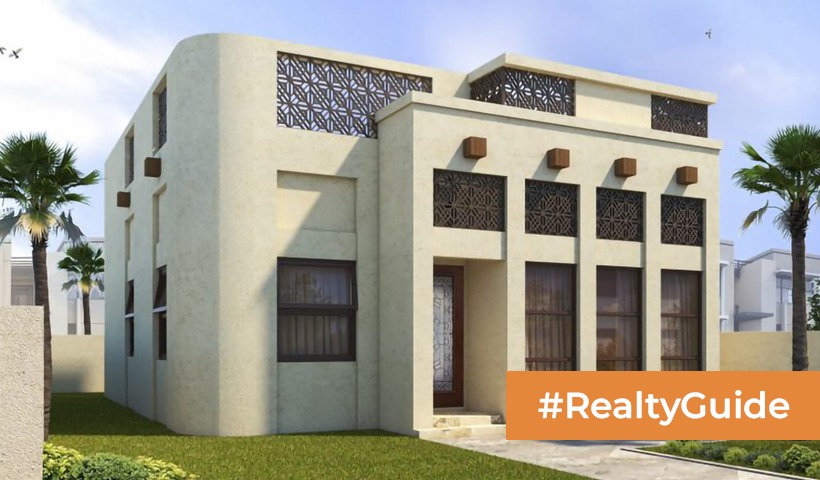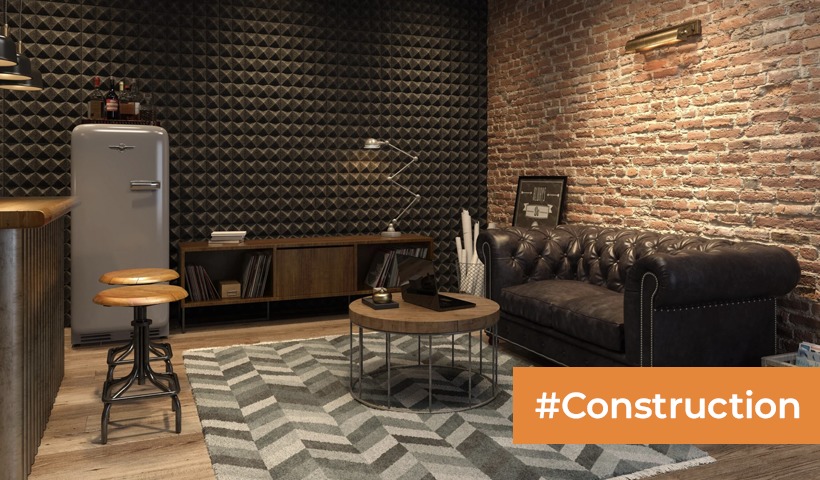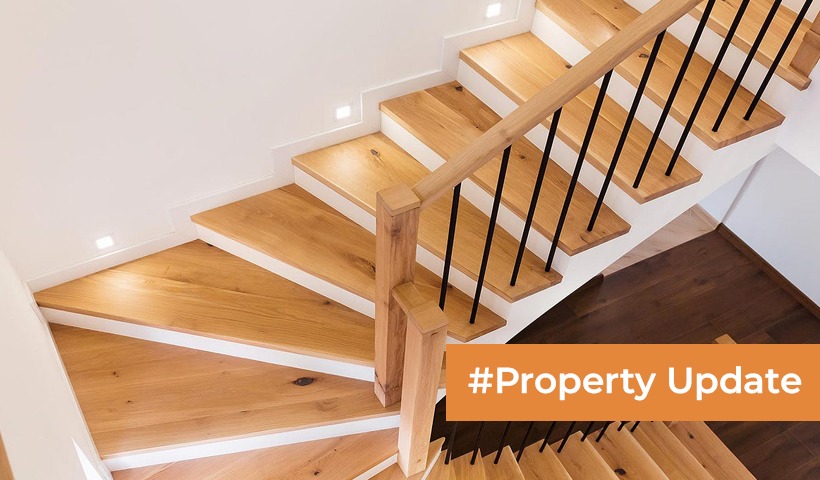Elevate Your Space: Exploring the World of Stone Cladding!
Stone cladding is a popular technique used in construction and architecture to enhance the appearance and durability of buildings. It involves applying a layer of natural or artificial stone to the exterior or interior surfaces of a structure. Stone cladding offers a range of benefits, but it’s important to consider its types, pros, cons, uses, and prices before incorporating it into your project.
- Types of Stone Cladding: Stone cladding can be classified into different types based on the type of stone used:
- Natural Stone Cladding: This involves using genuine stones like granite, marble, limestone, or slate. It showcases the inherent beauty and uniqueness of natural stones.
- Artificial Stone Cladding: Also known as manufactured or engineered stone, this type uses composite materials made from aggregates, resins, and pigments. It offers a wide range of colors and textures.
- Pros of Stone Cladding:
- Aesthetics: Stone cladding adds a timeless and elegant appeal to buildings, enhancing their visual appeal.
- Durability: Stone is a durable material that can withstand various weather conditions, providing long-lasting protection to the underlying structure.
- Insulation: Stone cladding can provide thermal and sound insulation, contributing to energy efficiency and comfort.
- Low Maintenance: Stone cladding requires minimal maintenance, making it a convenient choice for building exteriors.
- Versatility: It can be applied to various surfaces, including walls, facades, pillars, and fireplaces, offering versatility in design.
- Cons of Stone Cladding:
- Cost: Stone cladding, especially natural stone, can be more expensive compared to other cladding options.
- Weight: Natural stone cladding can be heavy, requiring additional structural support during installation.
- Installation Complexity: Proper installation of stone cladding requires skilled professionals to ensure stability and aesthetic appeal.
- Limited Availability: Availability of specific types of natural stones may vary based on location, which can affect pricing and lead times.
- Uses of Stone Cladding:
- Exterior Facades: Stone cladding can transform the exterior appearance of buildings, adding character and enhancing curb appeal.
- Interior Walls: Stone cladding can create stunning accent walls, feature walls, or focal points in interior spaces.
- Fireplaces: Adding stone cladding to fireplaces creates a rustic and inviting ambiance.
- Landscaping: Stone cladding can be used for retaining walls, garden features, or decorative elements in outdoor spaces.
- Prices of Stone Cladding:
- The cost of stone cladding varies depending on factors such as the type of stone, quality, size, installation complexity, and location. Natural stone cladding is generally more expensive than artificial stone cladding.
- Prices can range from moderate to high, with natural stone cladding typically commanding a higher price due to its authenticity and unique characteristics.
Disclaimer: The views expressed above are for informational purposes only based on industry reports and related news stories. PropertyPistol does not guarantee the accuracy, completeness, or reliability of the information and shall not be held responsible for any action taken based on the published information.




